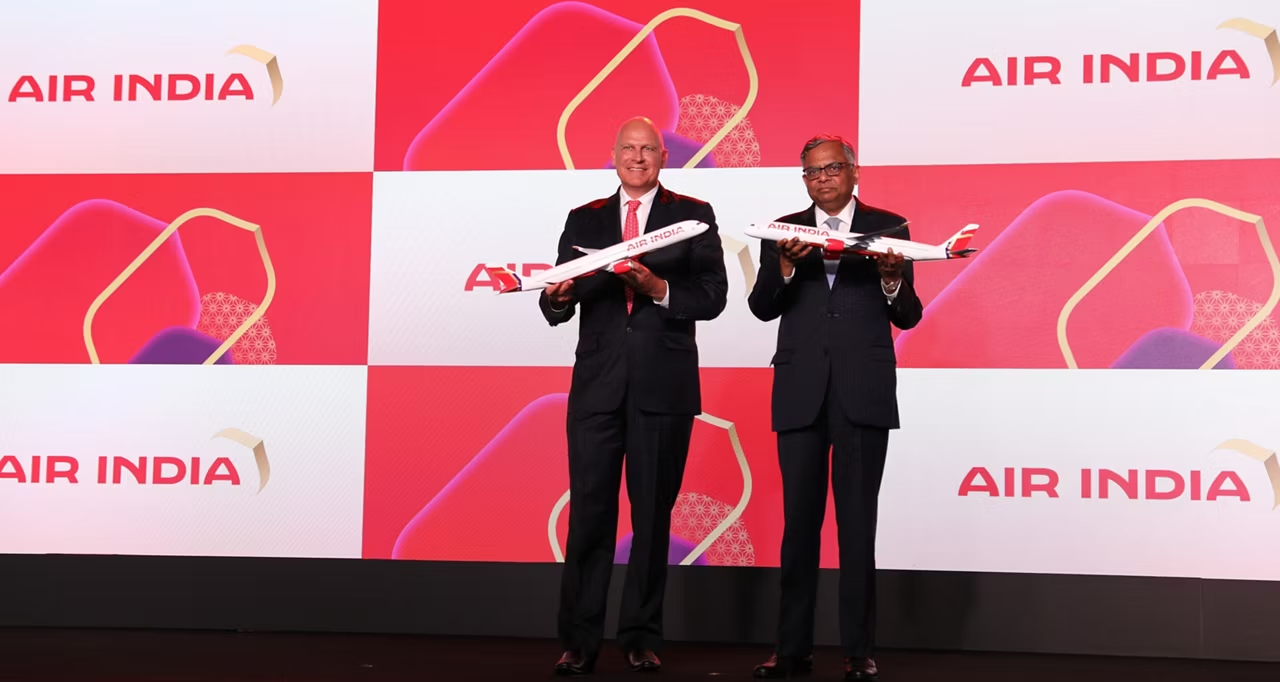The Air India and Uganda Airlines partnership know as the ‘Uganda Airlines Air India interline agreement’, represents a significant step in expanding Africa-Asia air connectivity in 2025. By linking Entebbe with more than 25 Indian cities, the deal signals shifting dynamics in global aviation, as smaller carriers and secondary hubs are increasingly emerging as credible alternatives to airline Gulf giants and established African carriers such as Ethiopian Airlines and Kenyan Airways.

Air India and Uganda Airlines Partnership Expands Africa-Asia Connectivity
The partnership does not replace Addis Ababa as a a key African hub, but introduces Entebbe as a new alternative getaway for India-Africa travel.
For Uganda Airlines, the agreement leverages Air India’s extensive network to connect Entebbe with over 25 Indian cities and major international hubs, significantly expanding its global reach. For Air India, the partnership provides direct entry into Uganda and opens up access to Southern and East Africa without relying solely on more popular and crowded Gulf or regional hubs.
What the agreement delivers
Announced on 17 September, the Air India Uganda agreement allows travellers from Entebbe to book a single ticket to more than 25 Indian cities including Bangalore, Chennai, Delhi, Hyderabad, and Mumbai. Though Air India’s global network, passengers also gain access to Singapore, Bangkok, London Heathrow, Colombo and Dhaka.
In exchange, Indian travellers can connect more easily across East and Southern Africa via Uganda Airlines’ services to South Africa, Nigeria, Zimbabwe, and Zambia.

Africa-Asia Air Connectivity in 202 and Delhi Positioning as an Alternative to China
This partnership builds on establishing trade and increases passenger mobility. India is one of Uganda’s largest trading partners, exporting pharmaceuticals, textiles, machinery, and IT services. Thousands of Ugandans study in Indian universities each year, while Indian businesses and diaspora communities remain deeply embedded across East and Southern Africa.
By offering single-ticket journey, the deal strengthens the existing economic corridor, supporting flows of goods and people between Kampala and New Delhi.
India Positions Itself with a Softer Strategy
Air India and Uganda Airlines partnership fits into India’s broader engagement in Africa. China has pursued influence through large-scale infrastructure projects, while India has taken a ‘soft power’ approach focusing human capital and connectivity, investing in education, healthcare, and technology. Aviation now adds another dimension, enhancing Africa and Asia air connectivity in 2025.
Uganda Airlines CEO Jenifer Bamuturaki described the agreement as a “significant step” in linking Uganda to Asia. Air India CCO Nipun Aggarwal said it would both “welcome Ugandan travellers into India’s network” and “open Africa to Indian passengers”.
Potential Outlook: Small Carrier, Big Impact
It remains to be seen if this partnership has the potential to challenge the strong position of major Gulf-based carriers in the Africa-Asia air travel market. What is clear, however, is that it highlights how smaller African airlines can gain relevance through strategic alliances. If replicated, such models could gradually diversify Africa-Asia connectivity and reduce dependence on traditional hubs. Read more about airline partnership (here).
How do you see the Air India Uganda Airlines partnership influencing Africa-Asia connectivity? Share your comments below









